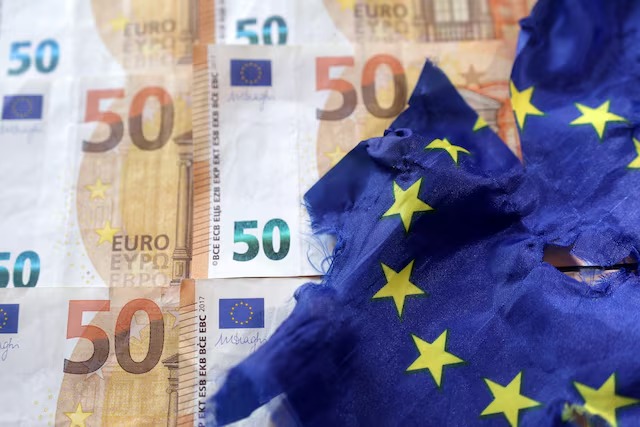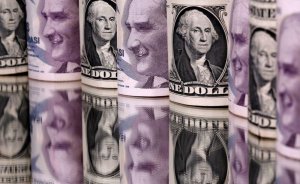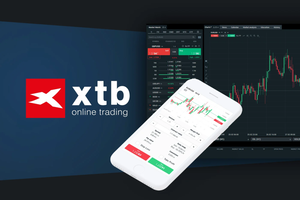The last thing you want in a global trade war is a rocketing currency. So the soaring euro's rise may not yet be "brutal", but it may still depress the inflation outlook enough to give the European Central Bank space to ease big.
One of the most used headlines in European central banking research notes last week was "Clear Cut". There is little doubt that the ECB will now lower its main borrowing rate again on Thursday, and markets are fully priced for another quarter-percentage-point cut to 2.25%.
But these are febrile times. And trade wars can quickly morph into currency wars. Speculation about the ECB possibly cutting more than 25 basis points is bound to circulate. It could even consider halting the rundown of bonds from its balance sheet, as the Federal Reserve has effectively done recently.
Last week's precipitous dollar slide on fears of capital flight from the U.S. and the euro's resulting 4% surge against the greenback puts a different gloss on ECB deliberations.
Even assuming Germany's recently announced fiscal splurge kicks in next year, a still struggling euro zone will not welcome an over-valued euro, especially not when it's facing a U.S. tariff sweep, trade-hampered growth and the risk of intensified competition from Chinese imports.
While the euro hit three-year highs on Friday, other more important measures of the exchange rate are more extreme.
The ECB's nominal euro exchange rate index against 41 trading partners is at an all-time high. And inflation-adjusted measures - the so-called real effective exchange rate - surged to their highest levels in 10 years.
What the euro may be about to experience is the opposite of what many believe happened to the dollar over the past decade, namely that the greenback's over-valuation was driven primarily by investment flows rather than trade competitiveness.
And while the ECB's primary focus is on domestic inflation and prices, a shock revaluation of the euro would increase the risk that it starts to undershoot rather than overshoot its 2% inflation goal going forward.
The ECB has proven time and again over the past 15 years that its price stability mandate applies as much to warding off deflationary forces as reining in excessive price gains.
Fiscal policy is now playing its part after a long hiatus but will only hit with a long lag. The ECB has more immediate tools at its disposal.
Chart shows the euro against the dollar, yuan, swiss franc and British pound
ATTENTIVE AND READY
Addressing the risk of rising financial stress, ECB President Christine Lagarde on Friday said volatile markets were functioning in an orderly fashion but that the central bank was watching closely for any dislocations.
She also said the impact of U.S. tariff rises could halve euro zone growth this year from an already meagre 0.9% forecast and added, pointedly, that the ECB was "attentive" to euro exchange rate movements.
"The European Central Bank is monitoring and is always ready to use the instruments that it has available," Lagarde told reporters in Warsaw. The ECB "has come up in the past with the adequate instruments and tools that were necessary in order to procure price stability, and of course financial stability, because one doesn't go without the other."













